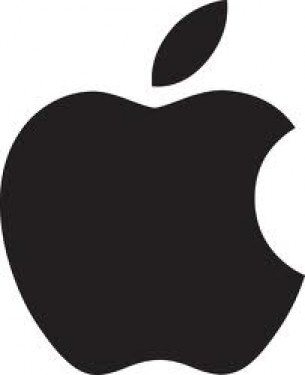U.S. corporations are holding record-high amounts of cash. In 2012 alone, U.S. non-financial companies filled their coffers with an additional $130 billion, taking their total cash to a record $1.45 trillion. The chart below isn’t a visual of the economy. Instead, it visualizes the amount of cash that U.S firms hold. In total, U.S firms (financial companies included) are sitting on a staggering $5 trillion (with a “t”) of cash on their balance sheets.

Seeing this staggering amount of cash could be extremely frustrating for shareholders. That’s because in a zero percent interest rate environment, they have very few viable alternatives for their hard earned cash. Rather than simply sit on that mountains of idle cash, U.S firms should do more to pay their true owners, the shareholders.
The first horn
The first activist investor who voiced his concern over this egregious mountain of cash was Mr. Einhorn, the hedgie from GreenIight Capital. In a letter he sent to Apple Inc. (NASDAQ:AAPL) shareholders he wrote that “We believe Apple Inc. (NASDAQ:AAPL) must examine all of its options to unlock the growing value of its balance sheet for all shareholders”. In simple words, this means that it’s time for Apple Inc. (NASDAQ:AAPL) to part with its $137 billion of cash, in the form of greater dividends and more share repurchases.
The immediate suspects
But the iPhone maker isn’t alone in its love for cash. U.S. firms, particularly in the technology and healthcare sectors have continued stashing cash on the back of tight cost controls, modest economic growth domestically, and a solid performance abroad, according to Moody’s. Take Microsoft Corporation (NASDAQ:MSFT), for example. Mr. Softy is currently stashing $68.3 billion of cash. This comprises roughly 30% of the company’s total market cap. Oracle Corporation (NASDAQ:ORCL) is another cash gushing machine. It generated $14.5 billion of cash from operations in its latest fiscal year. As of now, Oracle Corporation (NASDAQ:ORCL)’s cash-per-share stands at $7. With shares changing hands at $30, it means that 23% of the value of each share is pure idle cash. And the most extreme example is Cisco Systems, Inc. (NASDAQ:CSCO). The internet routing company has $46 billion in cash. This equates to 45% of the total market cap.
Value destruction
Holding so much cash eventually destroys value. That’s because investors command a much lower earnings multiple to companies with massive cash. That’s because this idle cash obviously isn’t there to grow the business. If you deduct the cash from balance sheets of top U.S firms, you will find that they’re trading for extremely low operating price-to-earnings. Apple Inc. (NASDAQ:AAPL), for example trades at P/E (minus cash) of only 5.7x. That’s out of this world cheap. Microsoft Corporation (NASDAQ:MSFT), which traded at 25 times sales at the peak of the dot.com boom, trades today for only a fraction of it – a lowly 3 times sales. Oracle and Cisco Systems, Inc. (NASDAQ:CSCO) trade at price-to-earnings (minus cash) of 4.7x and 5.9x, respectively.





